'No-phone rave went well until people broke rules'
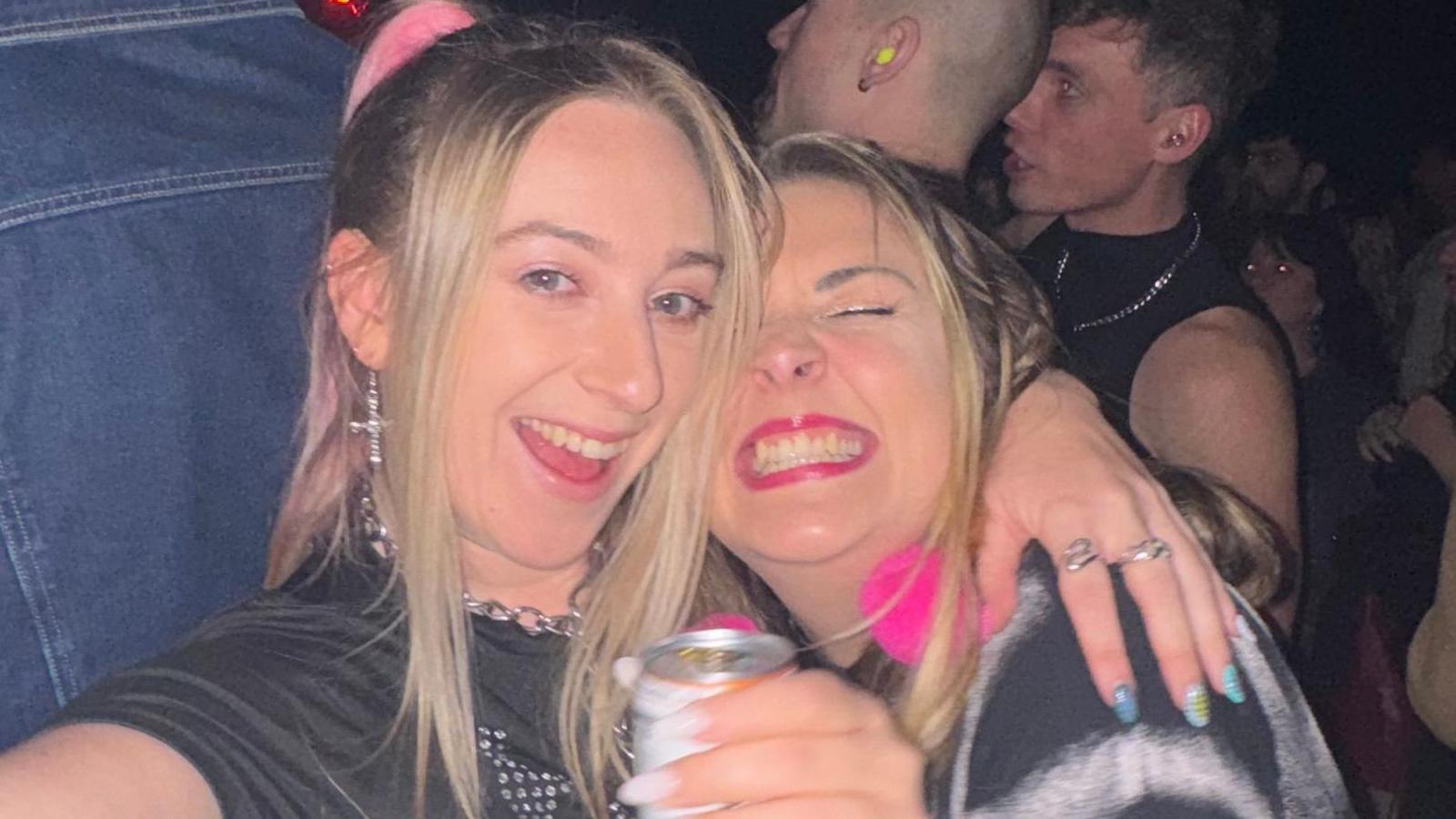
Music journalist Abi White (left) has been going to raves for 10 years
- Published
One of the first ravers at a new phone-free event said the atmosphere was "incredible" - until the crowd started breaking the rules and using their mobiles.
Manchester-based Warehouse Project announced the new policy for some of its events in August, and founder Sam Kandel said it had been very successful with many artists sharing positive feedback.
Music journalist Abi White said guests were given stickers to put over their phone cameras, but began removing them when they realised no one was policing the policy.
"When we first went in no one was on their phone and the dancing from everyone was unbelievable," Ms White said.
She added: "People were being silly with their mates, it just felt really nice and natural.
"As soon as one person got their phone out to disrespect the rules, and they realised there was no one there to tell them they couldn't, other people started getting their phones out," the 28-year-old from Manchester said.
"It was a strange feeling because, I wanted to respect the rules and enjoy a phone-free rave.
"But by the end of the night I'd gotten my phone out and taken a video because there were that many people doing it, I thought 'why should I follow the rules if they're not'."
Warehouse Project said it had been "encouraging the policy in an appropriate fashion throughout the season" and looked forward to continuing it into 2026.
"Over time, we expect to see fewer phones on the dance floor at The Warehouse Project and beyond," founder Sam Kandel said.
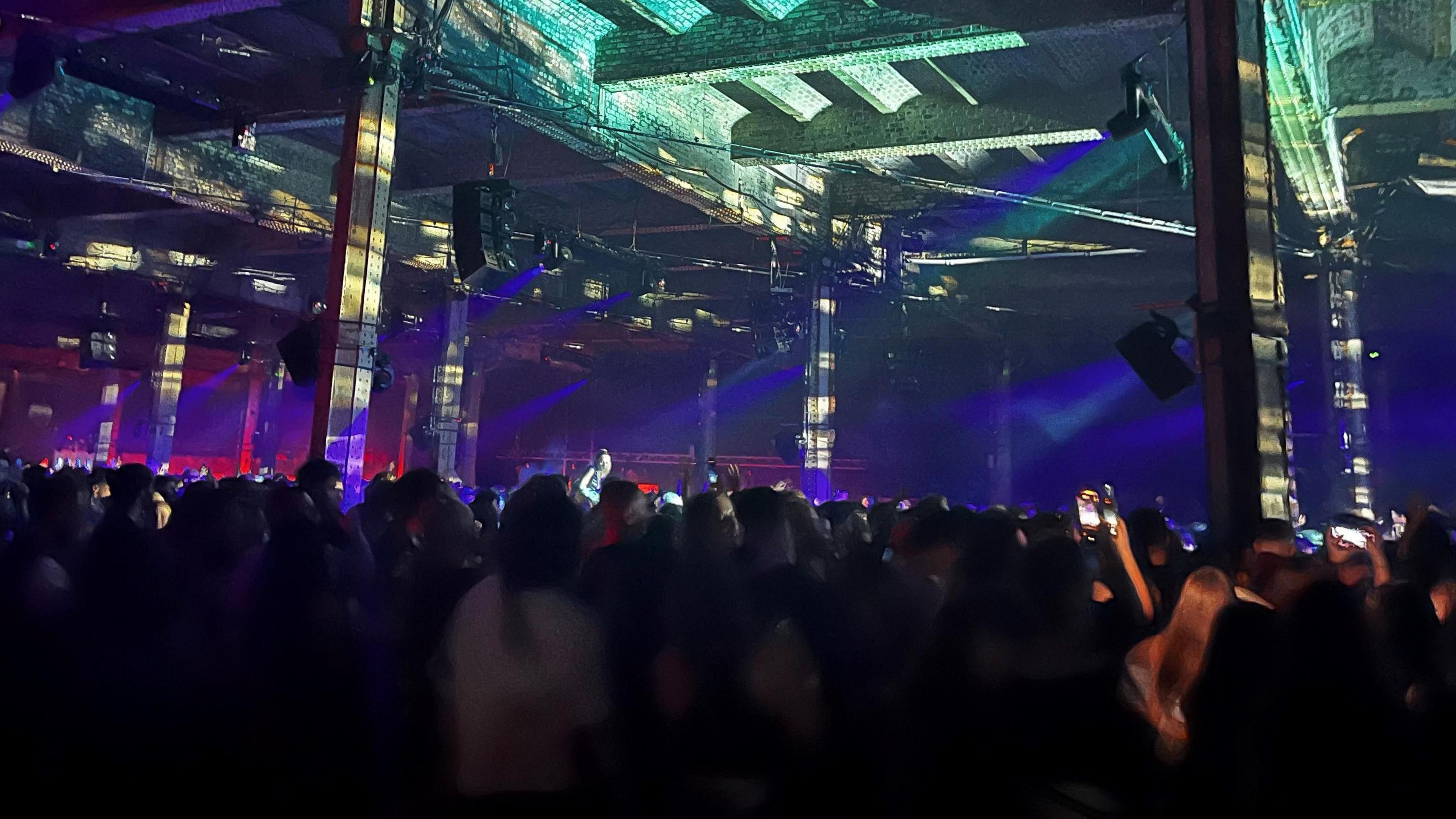
Warehouse Project announced it would be running some phone-free events in August
Warehouse Project is not the first Manchester venue to offer a phone-free environment.
Amber's Club has had a similar rule since opening in December 2024, saying constant use of phones "sucks the energy out of the room".
The club, which also provides stickers for guests to cover their phone cameras, originally operated a "two strikes and you're out" policy.
But following a "noted rise in camera use", it has brought in a much stricter "one strike" rule.
"We want to create an experience for everyone where they are present in the moment and not distracted by phones," the club said in an Instagram post last month.
"Over the recent weeks and months, we have seen an increased amount of phones filming on the dance floor and we are aware of numerous videos shot on phone appearing online.
"There will now be extra members of staff patrolling the venue ensuring that the vibe of the space is protected, and if you are spotted at any point across the night using your phone to record, you will no longer be permitted inside Amber's."
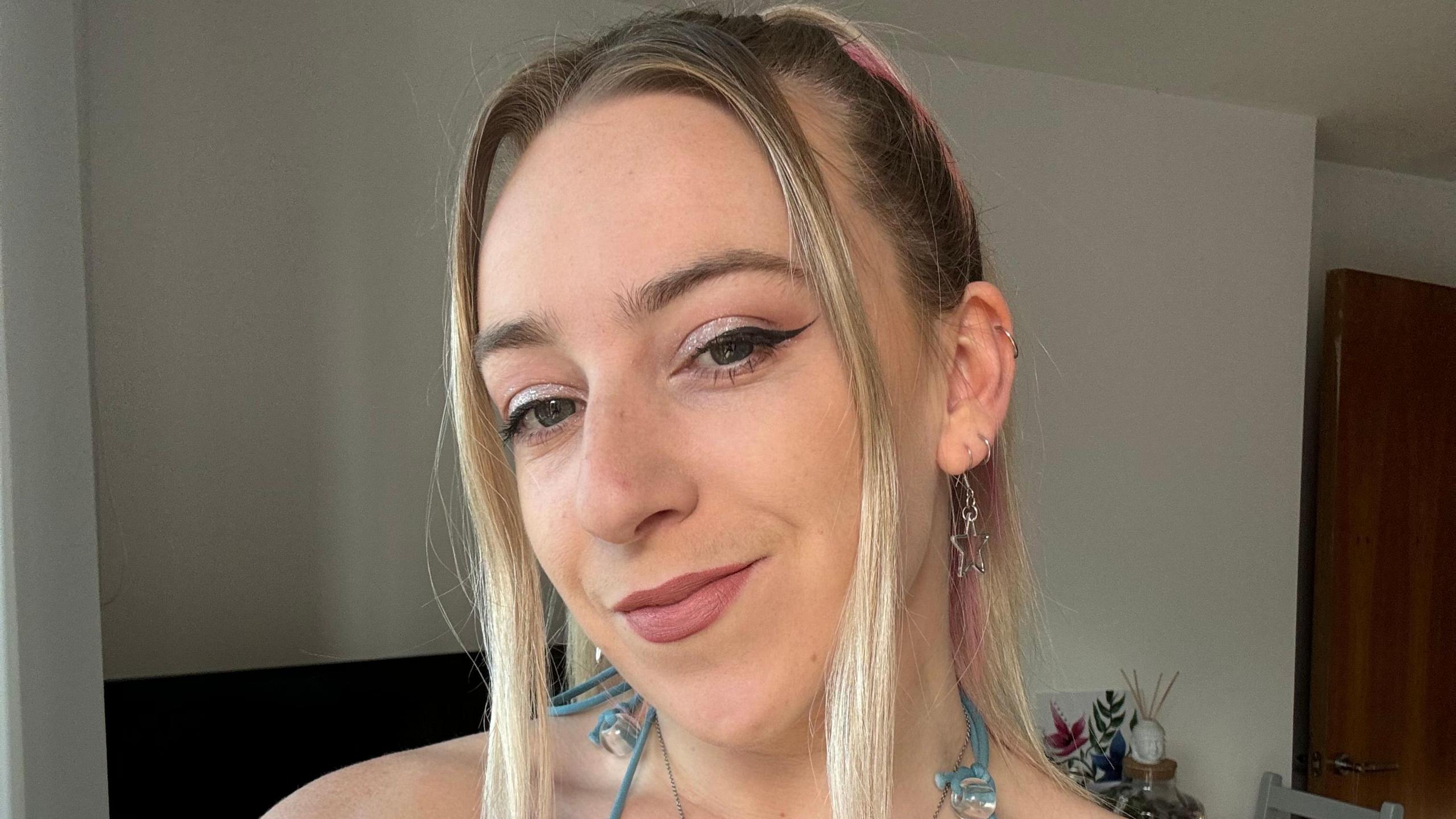
Music journlalist Abi thinks the dance music scene needs an intervention
Abi, a regular visitor to Amber's, said the rule may seem harsh but she believes venues have to be strict to create a phone-free environment.
"Evidently people aren't following the rules. For everyone to enjoy it and have a good experience we all need to follow the same rules," she said.
"We're getting to a point in the dance music scene where we need this intervention.
"I've seen people on their Instagram feeds at raves. Phones have become such an integral part of our lives, but if you carry that habit into the clubs you're not getting that sense of freedom or escapism that you would get otherwise."
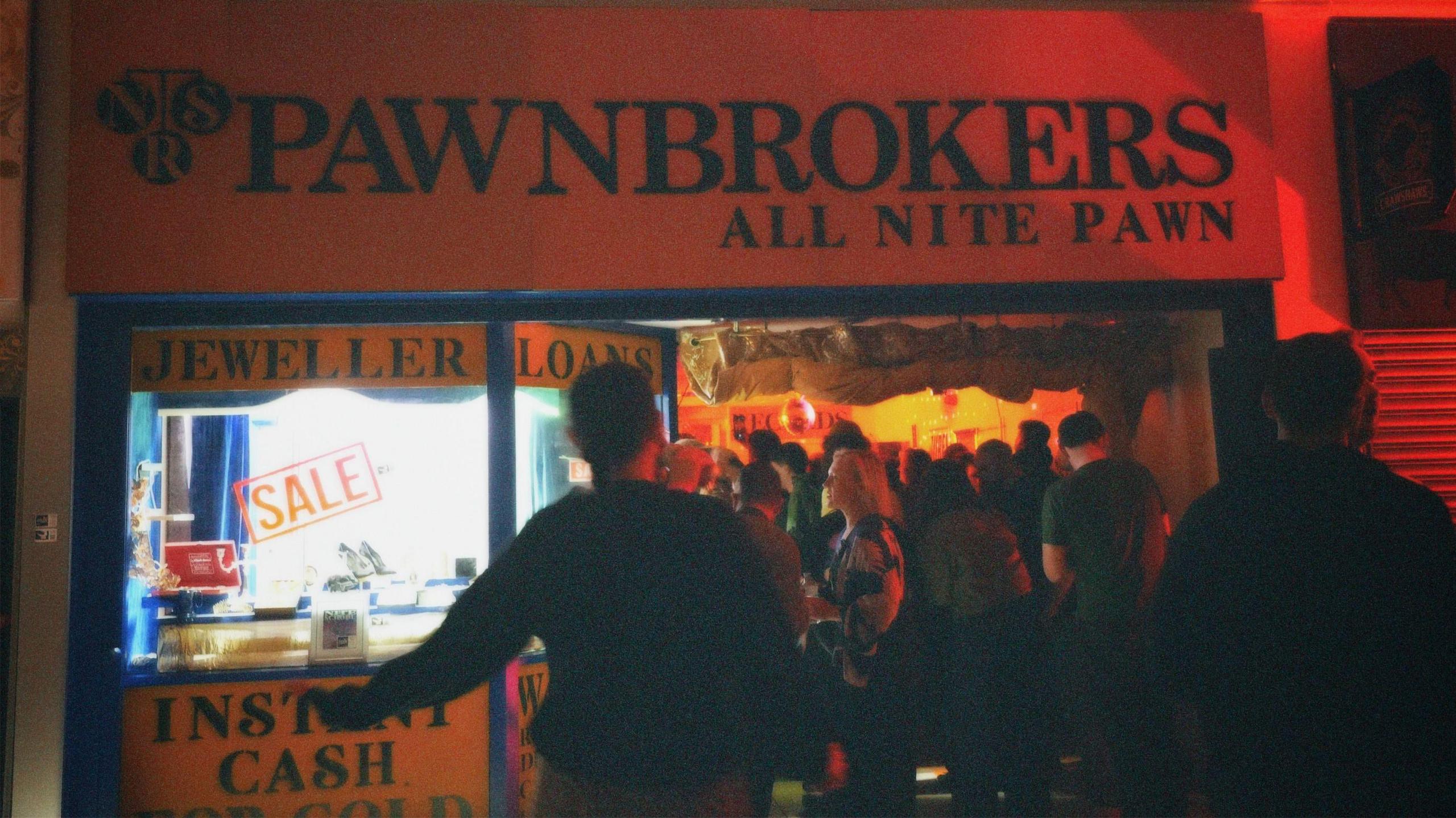
Nite School operates out of a former pawnbrokers in the former Stretford Mall
Nite School, a club night that operates out of the former Stretford Mall, said it encouraged people to keep phones off the dance floor but did not have a hard rule against them.
Founder Cal Parton said the club attracted a multi-generational crowd and it was not uncommon to see a grandfather clinking cans with their grandson on the dance floor.
He said the wide age range meant the crowd tended to police itself.
"The behaviours of the elders on the dance floor is mirrored by everyone else," the 35-year-old from Stretford said, adding: "So if someone is filming on the dance floor, they might give them a friendly nudge and bring them back to reality."
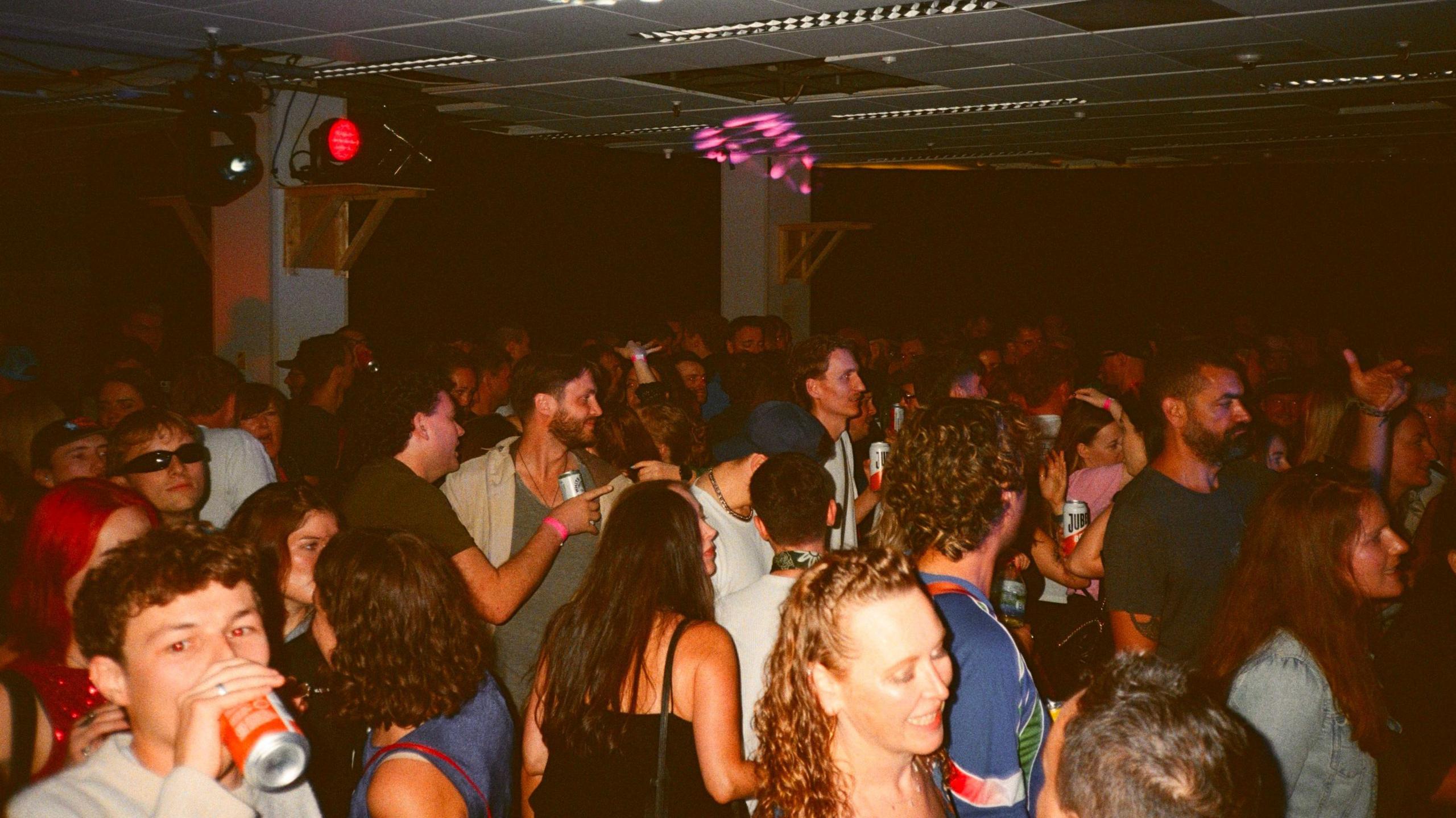
Founder Cal Parton said the Nite School attracted a multi-generational crowd
He said the aim was not to restrict people from using their phone, but to "encourage people to be present and preserve the atmosphere on the dance floor".
"We've experienced clubbing pre-smartphone, people were completely absorbed by the music and each other's presence on the floor, and you could really feel that back then," Cal said.
"Clubbing is like a form of escapism and mindfulness and therapy in a way.
"A phone vibrating in your pocket or someone filming with a bright screen next to you dilutes the value of that shared experience in people's lives."
Get in touch
Tell us which stories we should cover in Greater Manchester
Listen to the best of BBC Radio Manchester on Sounds and follow BBC Manchester on Facebook, external, X, external, and Instagram, external. You can also send story ideas via Whatsapp to 0808 100 2230.
Related topics
- Published5 August
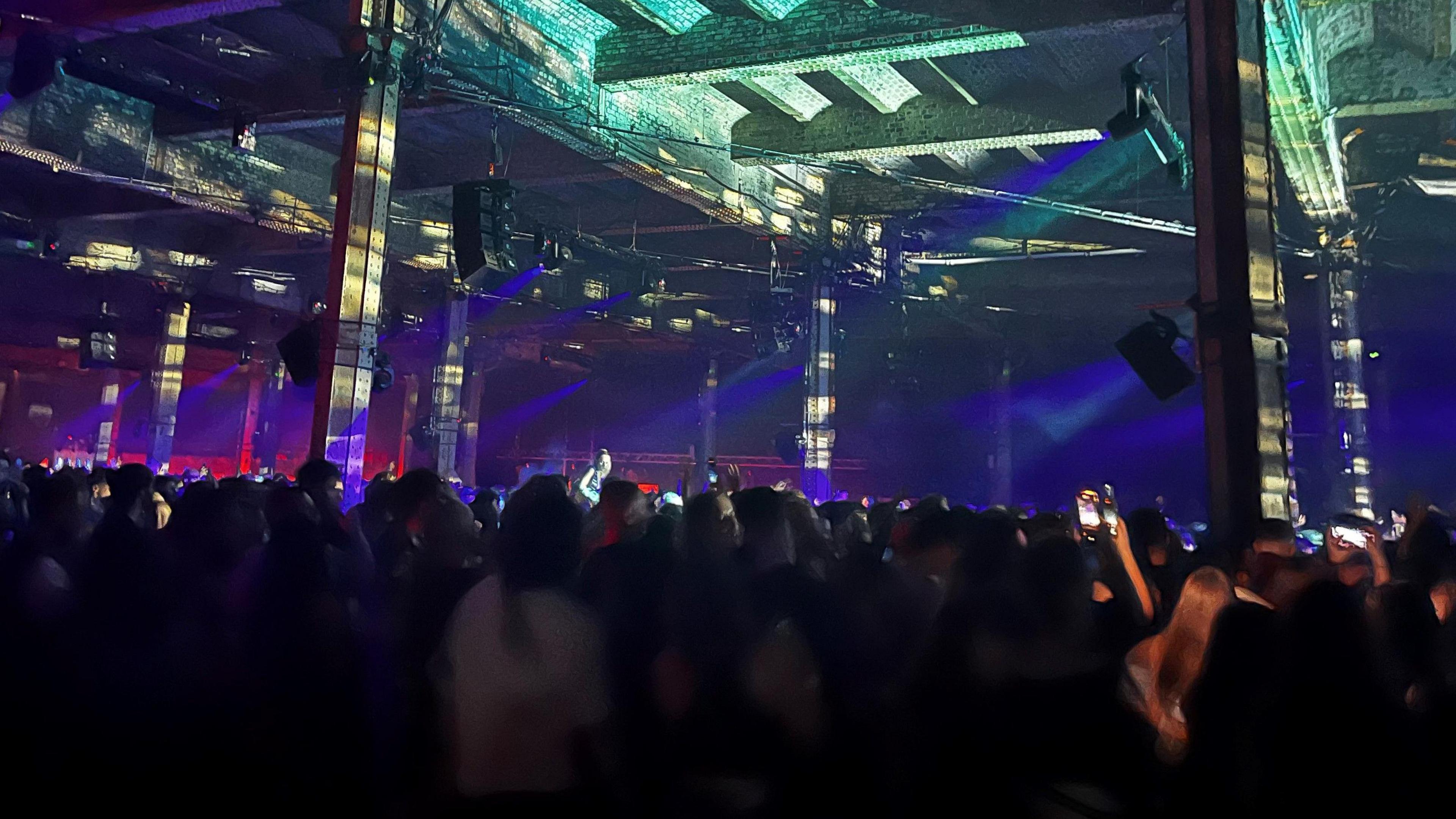
- Published12 August
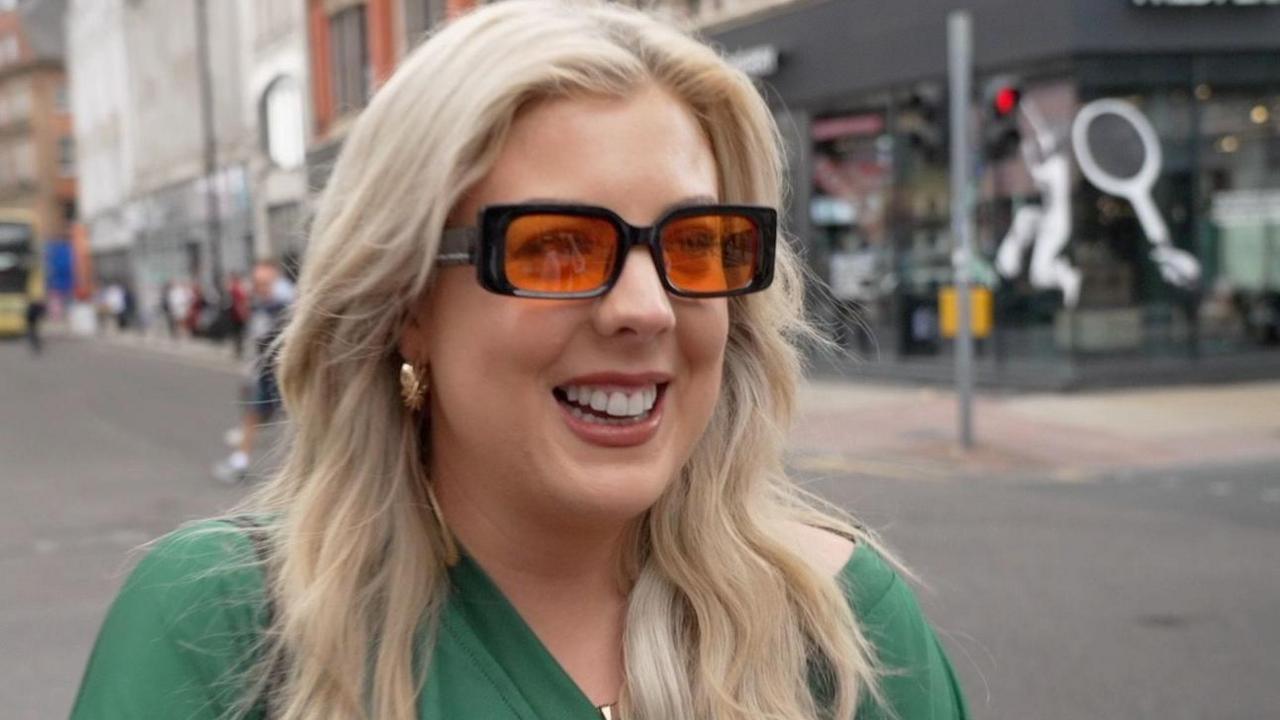
- Published6 December 2024
